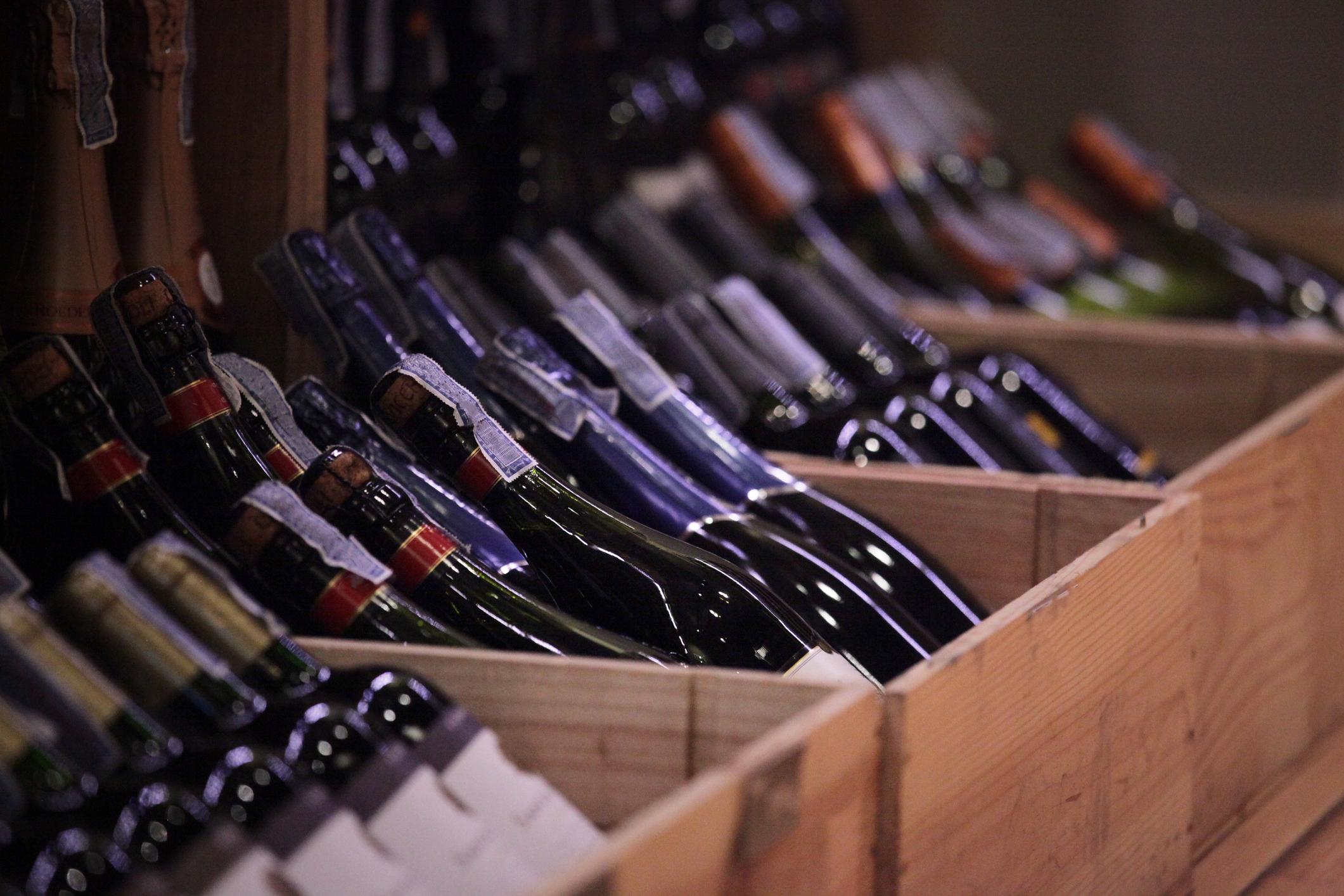Millions of bottles of wine could go to waste in Europe during lockdown, claim winemakers
Winegrowers are running out of space to store their products

Your support helps us to tell the story
From reproductive rights to climate change to Big Tech, The Independent is on the ground when the story is developing. Whether it's investigating the financials of Elon Musk's pro-Trump PAC or producing our latest documentary, 'The A Word', which shines a light on the American women fighting for reproductive rights, we know how important it is to parse out the facts from the messaging.
At such a critical moment in US history, we need reporters on the ground. Your donation allows us to keep sending journalists to speak to both sides of the story.
The Independent is trusted by Americans across the entire political spectrum. And unlike many other quality news outlets, we choose not to lock Americans out of our reporting and analysis with paywalls. We believe quality journalism should be available to everyone, paid for by those who can afford it.
Your support makes all the difference.Millions of bottles of wine could go to waste in Europe during lockdown, producers claim.
Nation-wide lockdowns across much of Europe have led to the closure of bars, pubs and restaurants meaning demand for wine has plummeted in recent weeks.
As a result, producers in countries such as Spain, France and Italy have been left with surplus supplies.
The Comité Européen des Entreprises Vins (CEEV) - a European wine trade group - estimates that as much as 10 hectolitres of wine could go unused.
The crisis also means that there is a shortage in storage for the 2020 wine harvest due to be collected in a few months’ time, producers say,
French MEP, Éric Andrieu, from the winemaking Aude region, suggested the unsold wine could be distilled into pure alcohol or ethanol to make hand sanitiser, thereby providing growers with an income.
He told The Times: “Distillation is an alternative, certainly less remunerative than the sale of wine, but one which will allow winegrowers to get by and to be able to also harvest in 2020.”
Under current regulations, wine producers must request permission from EU officials before they can begin distilling wine into alcohol.
Mr Andrieu added: “The European Commission has the legal and financial tools to intervene in the market in times of crisis. If it doesn’t do that now, small producers risk going out of business.”
The coronavirus crisis has also caused a 30 per cent fall in volume and 50 per cent drop in the value of the EU wine market, a statement from the CEEV revealed.
Jean-Marie Barillère, CEEV president, warned: “We should all understand that what we are facing is no short-term crisis.
“It will take time and require investments to recover wine markets”.
Earlier this week, President Macron’s government, with support from Italy and Spain, asked the European Commission to approve a “crisis distillation” programme.
A letter sent to the Commission said: “The crisis we are experiencing is unfortunately only the beginning of a long period.
“The volumes not sold during these months will not only weigh on the market for the coming seasons but, in many regions, will hamper the next harvest due to the lack of storage capacity in the cellars.”
Join our commenting forum
Join thought-provoking conversations, follow other Independent readers and see their replies
Comments